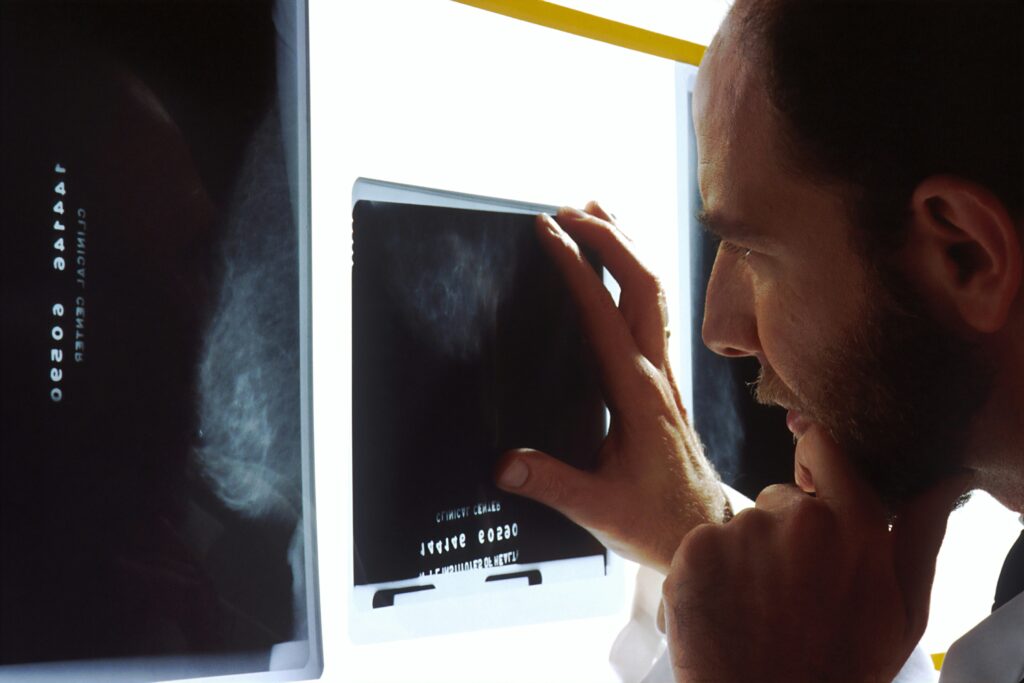
A groundbreaking study published in Hypertension, the journal of the American Heart Association, has revealed a set of blood-based biomarkers that can predict improvements in blood pressure five years after adolescents undergo metabolic bariatric surgery. This landmark research demonstrates for the first time that a patient’s unique biological profile, assessed before weight loss surgery, can outperform traditional demographic and clinical risk factors in forecasting long-term blood pressure outcomes.
“This is the first time blood-based biomarkers have been identified that predict which adolescents are most likely to experience improvements in blood pressure after bariatric surgery,” said Dr. Thomas H. Inge, Surgeon-in-Chief at Ann & Robert H. Lurie Children’s Hospital of Chicago and Professor of Surgery at Northwestern University Feinberg School of Medicine. Dr. Inge is also the co-author and principal investigator of the Teen Longitudinal Assessment of Bariatric Surgery (Teen-LABS) study, which includes 108 teens who participated in this research.
Innovative “Omics” Approach
Compared to standard blood biomarkers, the “omics” approach used in this study involves the analysis of thousands of small molecules and proteins in an individual’s blood. This method could provide a more precise prediction of who will respond well to weight loss surgery, allowing clinicians to consider alternative therapies for adolescents unlikely to benefit from the procedure.
“High blood pressure in adolescence can set the stage for lifelong heart disease, yet we still know little about why some young people respond better to treatment than others,” noted Dr. Vaia Lida Chatzi, the study’s senior author and Professor of Population and Public Health Sciences and Pediatrics at the Keck School of Medicine of USC.
AI and Blood Pressure Prediction
Using artificial intelligence, researchers identified 10 molecules in pre-surgery blood samples that were associated with blood pressure outcomes five years later. This omics data proved to be a better predictor of blood pressure improvements than traditional risk factors such as sex, race, socioeconomic status, and pre-surgery body mass index (BMI) and blood pressure.
“These data highlight the importance of trans-disciplinary collaboration. Without the multi-year partnership between the Teen-LABS study group and USC Center for Translational Research on Environmental Health, none of this work would have been possible,” said co-author Dr. Justin Ryder, Vice Chair of Research for the Department of Surgery at Lurie Children’s and Associate Professor of Surgery and Pediatrics at Northwestern University Feinberg School of Medicine.
Broader Implications and Future Research
Six of the 10 molecules identified were also linked to blood pressure in another group of 79 participants aged 17-24 with above-average BMI who had not undergone surgery. This finding suggests that the blood-based biomarkers may have broader applicability beyond those who undergo bariatric surgery.
Next, the research team plans to investigate whether the omics approach can forecast other intended benefits of bariatric surgery, such as improvements in diabetes and kidney function. This work is supported by the National Institute of Environmental Health Sciences, the American Heart Association Predoctoral Fellowship, and the National Institutes of Health.
The Role of Lurie Children’s Hospital
Ann & Robert H. Lurie Children’s Hospital of Chicago, a nonprofit organization, is dedicated to providing exceptional care to children. It is the only independent, research-driven children’s hospital in Illinois and one of fewer than 35 nationally. The hospital serves as a pediatric training ground for Northwestern University Feinberg School of Medicine and is ranked among the nation’s top children’s hospitals by U.S. News & World Report.
Research at Lurie Children’s is conducted through the Stanley Manne Children’s Research Institute, which focuses on improving child health, transforming pediatric medicine, and ensuring healthier futures through relentless pursuit of knowledge.
The discovery of these biomarkers marks a significant advancement in personalized medicine for adolescents undergoing bariatric surgery, potentially paving the way for more tailored and effective treatment strategies in the future.





